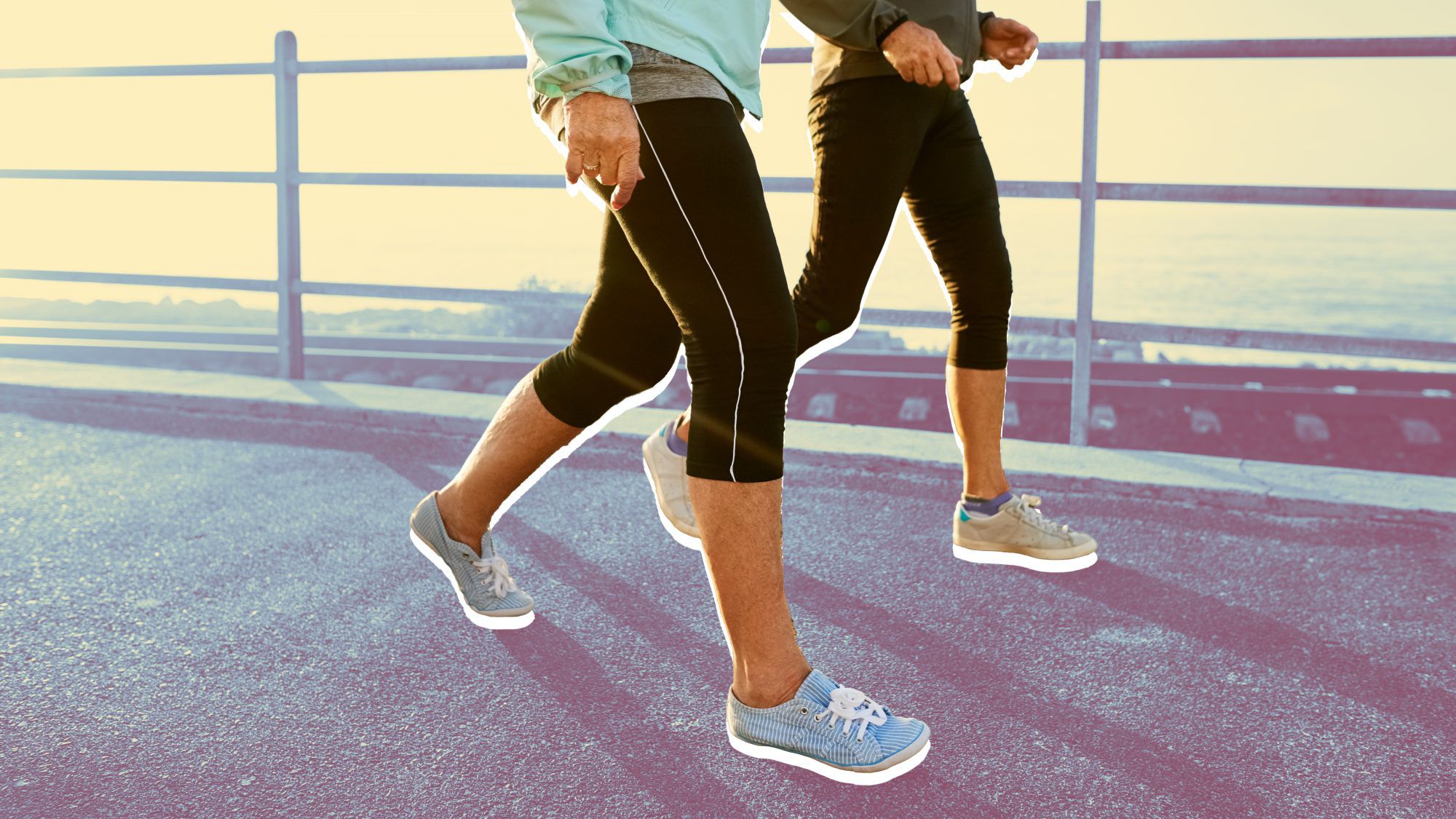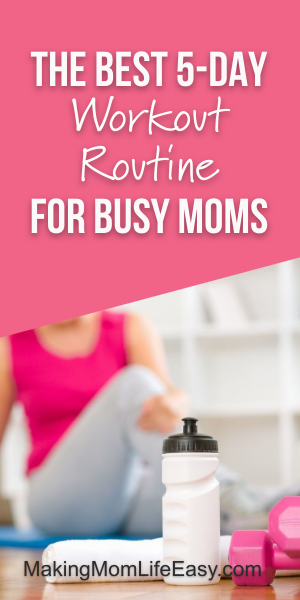
For many reasons, resistance training at home is great. These include building lean and stronger muscles, lowering blood pressure, and increasing muscle strength. They can also lower blood pressure and increase the production of bone-building osteoblasts. Start by choosing an exercise that you can fit into your daily schedule.
Strengthens muscles
An important link between optimal health and muscle-strengthening is exercise. Despite this link, an overwhelming number of adults are not exercising at the recommended level. This area of research, which is crucial for the prevention of and treatment of chronic disease, has not received much attention. Future research should center on standardizing assessment tools, the development of devices for measuring muscle strength and incorporating these exercises into existing health surveillance systems.

Builds lean muscle
Strength training is a great way to gain lean muscle. This will make it easier to do everyday tasks like lifting boxes, carrying groceries, climbing stairs, or carrying groceries. You will feel more confident and have a better body composition. Before you start any muscle-building exercises, it is important to know what it takes.
Lower your blood pressure
Research shows that resistance training exercises at home can reduce blood pressure. These exercises focus on the whole body and lower arterial bloodpressure. However, these exercises can have adverse side effects. An adverse effect of these exercises is an increase in sympathetic tonus.
Stimulates osteoblasts
It is best to do weight-bearing exercises to increase bone mass. This type exercise places the most stress on your bones and triggers bone formation cells called osteoblasts. This can lead to an increase in bone strength and mineral density, particularly for women.
Increases the metabolic rate
Resistance training exercises can help you increase your metabolism, and even help you lose weight. They can also be used to manage weight and keep you on track. Your body is impacted by resistance training. This includes your muscles. Your resting metabolism rate (RMR), is an important factor in your total energy consumption. It accounts for between 60-75% of your total daily energy expenditure when you're not working out. Resistance training can help you burn fat while also preserving muscle tissue and preventing muscle loss.

This helps build bone
By putting the body against gravity, weight-bearing activities build bones. These activities could include walking, running, climbing stairs or playing tennis. Weight-bearing exercises are also important for people with musculoskeletal conditions such as arthritis. You should aim to build strong bones by engaging in weight-bearing activities for at least 30 minutes each day.
FAQ
Are there any exercises that I shouldn't do or should I?
Before you start any new exercise routine, it is important to consult your doctor. You might have injuries or conditions that make it impossible to do certain types of exercise. You may also need special equipment or training for certain activities. Swimming, for example, requires swimming suits and access to the pool.
Can I eat during my exercise?
Yes. While you're working out, you can eat whatever you'd like. Low-calorie snacks like watermelon and carrots, celery apples, bananas, grapes, celery, celery, celery, celery, celery, apple, bananas, and carrots are best. These foods are rich in nutrients that will help you work out better.
Is it possible that you can be too thin?
Yes! Being underweight or having an eating disorder are both unhealthy. It is not normal to be less than your ideal weight. A person may feel tired, weak, dizzy or experience other symptoms that might indicate they are underweight.
Do I need warmth before I exercise?
Warming up before an activity reduces muscle soreness and improves performance. You can use several methods to warm up: walking, running, jumping rope, stretching, and cycling are just a few examples. You should start slow and gradually increase your speed and intensity.
Why is it important for you to get enough rest?
A healthy lifestyle requires sleep. Your body can repair itself and recover from everyday stresses by getting enough sleep. Get enough sleep every night to be able to function well throughout the day.
Statistics
- Physical activity confers the following maternal and fetal health benefits: a decreased risk of pre-eclampsia, gestational hypertension, gestational diabetes (for example, 30% reduction in risk) (who.int)
- According to the Centers for Disease Control and Prevention, chronic diseases cause 7 out of 10 deaths in the U.S., and treating chronic diseases accounts for 86% of U.S. healthcare costs. (mana.md)
- Globally, 81% of adolescents aged 11-17 years were insufficiently physically active in 2016. (who.int)
- Adolescent girls were less active than adolescent boys, with 85% vs. 78% not meeting WHO recommendations of at least 60 minutes of moderate to vigorous intensity physical activity per day. (who.int)
External Links
How To
How to Stay Fit When You're 40
This article will help those over 40 who want to maintain a healthy body. It covers some basic advice on how to eat right, exercise, sleep well and take care of your mental health. This article gives tips on how to live longer and healthier.
-
Eat Right - The first thing you should do when trying to stay fit is to ensure you're eating the right foods. You should avoid processed foods products and opt to eat whole grains, fruits, vegetables and lean meats, fish and nuts as well as beans, seeds, nuts and seeds. Add something to your diet if it isn't what you like. Don't starve yourself; this won't help you lose weight. Start incorporating small amounts of new foods into your daily diet. If you normally only eat chicken breasts, you might consider adding turkey to your weekly meals. If you are a fan of pasta, rice is a good option. You can make these foods a regular part of your daily diet.
-
Exercise - You should exercise at least three days per week. Cardio activities include running, swimming and biking. Make sure to get enough rest. Sleeping for 8 hours per night is recommended. Make sure to drink lots of water throughout your day. Try to drink 2 liters (0.5 gallons) of water every day.
-
Sleep well - It is vital to get enough sleep in order to be healthy. The National Sleep Foundation states that adults need 7-8 hours sleep per night to be in good physical and mental health. However, most people average less than 6 hours of sleep per night. You might consider changing your sleeping patterns if you feel tired all day. You can catch more sleep by changing your sleeping schedule so that you go to bed earlier or wake up later. Also, you might want to turn off your phone before bed in order to relax and wind down. Avoid caffeine after noon. It can cause insomnia.
-
Take Care of Your Mental Health. Taking care of yourself is key to maintaining a healthy body. Stress can lead people to have poor eating habits or make poor lifestyle choices. Stress management techniques such meditation, yoga and breathing exercises are important. Do something that is enjoyable for at least an hour. You could go for a walk, play sports, read a book, listen to music, or watch TV.
These four tips will help you live longer, and be healthier. These simple steps will allow you to reach your fitness goals.